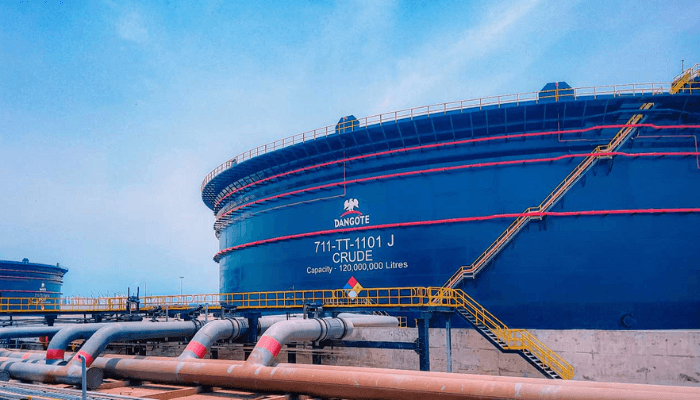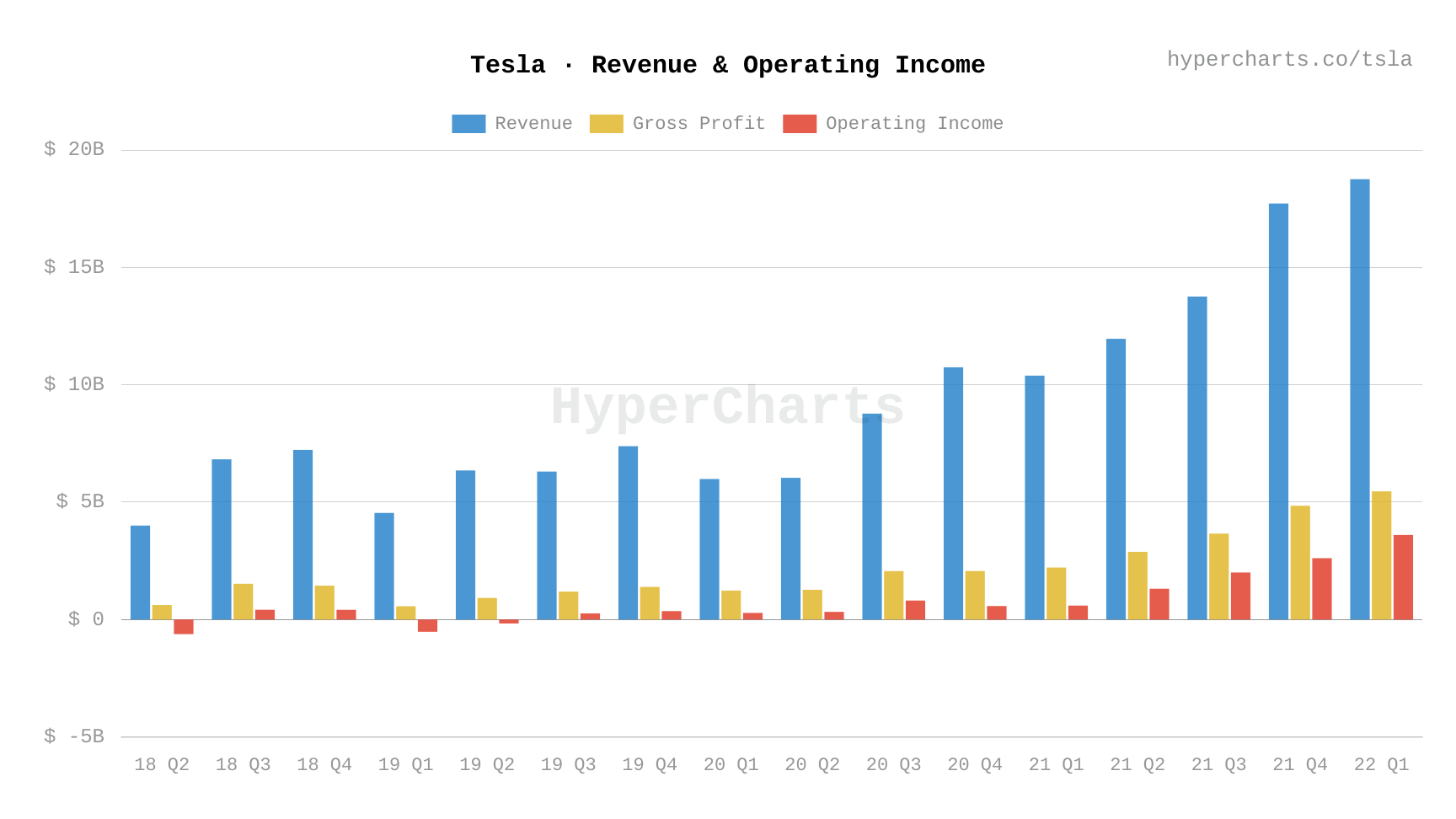NNPC Petrol Prices: The Role Of Dangote's Refinery

Table of Contents
Dangote Refinery: A Game Changer for Nigeria's Fuel Market?
Dangote's refinery, touted as Africa's largest, represents a monumental shift in Nigeria's fuel landscape. Its sheer scale and capacity promise to significantly increase domestic fuel production, potentially reducing reliance on expensive imports.
- Expected daily refining capacity: 650,000 barrels per day.
- Types of petroleum products: Petrol (gasoline), diesel, kerosene, aviation fuel, and other valuable petroleum products.
- Projected reduction in fuel imports: A substantial decrease, potentially leading to significant foreign exchange savings for the nation.
This massive increase in domestic refining capacity is projected to fundamentally alter the dynamics of the Nigerian petroleum market. The potential for a more self-sufficient fuel sector is immense, directly impacting the NNPC's role and pricing strategies.
Impact on NNPC Petrol Prices: Competition and Supply
The increased domestic supply of refined petroleum products from Dangote's refinery is expected to exert considerable pressure on NNPC's pricing strategies. The current NNPC pricing mechanisms, often criticized for opacity and lack of transparency, could be significantly altered by the introduction of a major competitor.
- Current NNPC pricing mechanisms: Often influenced by global crude oil prices, import costs, and government subsidies.
- Potential for price wars: The entry of Dangote into the market could spark competition, potentially leading to lower petrol prices for consumers as companies vie for market share.
- Impact on consumer affordability: Lower prices would significantly impact the affordability of petrol for Nigerians, boosting economic activity and improving the standard of living.
The potential for a more competitive market, driven by Dangote's refinery, could lead to a significant downward pressure on NNPC petrol prices.
Challenges and Uncertainties: Factors Affecting Price Fluctuations
While Dangote's refinery holds immense promise, several factors could hinder its immediate impact on NNPC petrol prices. It's crucial to acknowledge that other variables will continue to influence the cost of fuel in Nigeria.
- Government regulations and policies: Subsidies, taxes, and other government interventions can significantly affect petrol prices, regardless of domestic production levels.
- Global crude oil prices: Global market fluctuations will continue to exert a significant influence, as crude oil remains the primary input for refining.
- Distribution and logistical challenges: Efficient distribution networks are crucial. Bottlenecks in transportation and logistics could limit the refinery's immediate impact on prices.
- Potential for unforeseen technical issues: Unexpected operational problems at the refinery itself could temporarily disrupt supply and impact prices.
The Long-Term Outlook: Sustainable Lower Petrol Prices?
The long-term outlook for sustained lower NNPC petrol prices hinges on the successful and consistent operation of Dangote's refinery, coupled with a supportive regulatory environment. The potential benefits extend beyond mere price reductions.
- Impact on transportation costs: Lower fuel costs will drastically reduce transportation expenses for businesses and individuals.
- Impact on the manufacturing sector: Reduced energy costs will significantly benefit the manufacturing sector, enhancing competitiveness and fostering economic growth.
- Overall economic benefits for Nigeria: Lower fuel costs can act as a catalyst for overall economic growth, improving the quality of life for millions of Nigerians.
Conclusion: The Future of NNPC Petrol Prices and Dangote's Refinery
Dangote's refinery has the potential to be a game-changer for the Nigerian petroleum sector, significantly impacting NNPC petrol prices through increased domestic supply and heightened competition. However, the interplay of government policies, global crude oil prices, and logistical challenges will continue to influence the final price at the pump. While the refinery offers a pathway to potentially lower and more stable prices, realizing this potential requires efficient operation, fair competition, and a supportive policy environment. Stay tuned for updates on the evolving landscape of NNPC petrol prices and how Dangote’s refinery continues to shape the future of fuel costs in Nigeria.

Featured Posts
-
 Review Of Wynne And Joanna All At Sea A Critical Analysis
May 10, 2025
Review Of Wynne And Joanna All At Sea A Critical Analysis
May 10, 2025 -
 Palantirs Q1 2024 Results A Deep Dive Into Government And Commercial Business Trends
May 10, 2025
Palantirs Q1 2024 Results A Deep Dive Into Government And Commercial Business Trends
May 10, 2025 -
 In The Wake Of Hate A Familys Journey After A Racist Murder
May 10, 2025
In The Wake Of Hate A Familys Journey After A Racist Murder
May 10, 2025 -
 Mariah The Scientist And Young Thug A New Song Snippet Hints At Commitment
May 10, 2025
Mariah The Scientist And Young Thug A New Song Snippet Hints At Commitment
May 10, 2025 -
 Weight Loss Drug Surge Did It Contribute To Weight Watchers Bankruptcy
May 10, 2025
Weight Loss Drug Surge Did It Contribute To Weight Watchers Bankruptcy
May 10, 2025
